
Read offline
Recommendation
The Organisation for Economic Co-operation and Development (OECD) generated this report to spur donors worldwide to focus on domestic revenue development in fragile states. Its dire scenarios pose ominous threats. The current pattern of unequal distribution of ever-decreasing aid funds provides only a miniscule investment in “domestic resource mobilization.” Lopsided deals with multinational corporations, small tax bases, ill-conceived tax exemptions and feeble “institutional capacity” hobble progress in the 51 diverse fragile states studied. OECD recommends that donors eliminate illegal financial flows and develop transparent tax systems. Fragile states are home to 1.4 billion people, a number that will grow to include two-thirds of the world’s destitute population. getAbstract recommends this well-illustrated and well-designed report to investors, NGOs and futurists, as well as to managers in government and economic development.
Summary
About the Author
The Organisation for Economic Co-operation and Development is a forum within which governments cooperate to solve worldwide economic, social and environmental problems.








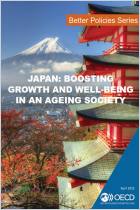
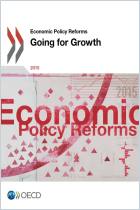
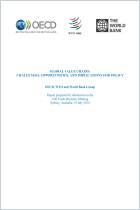
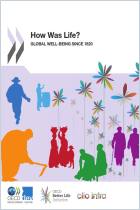
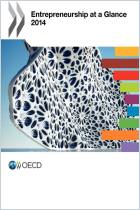
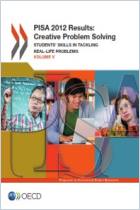
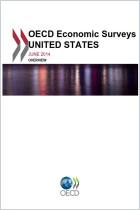
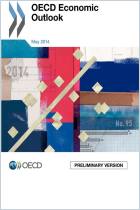
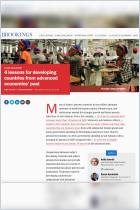
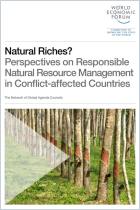
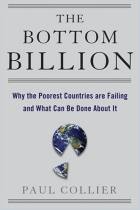
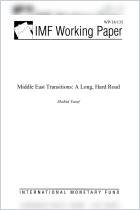
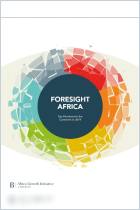
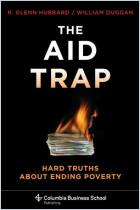





Comment on this summary or Начать обсуждение